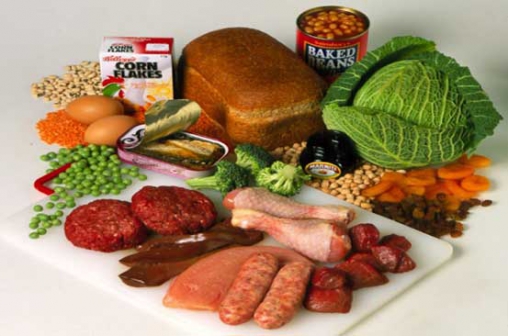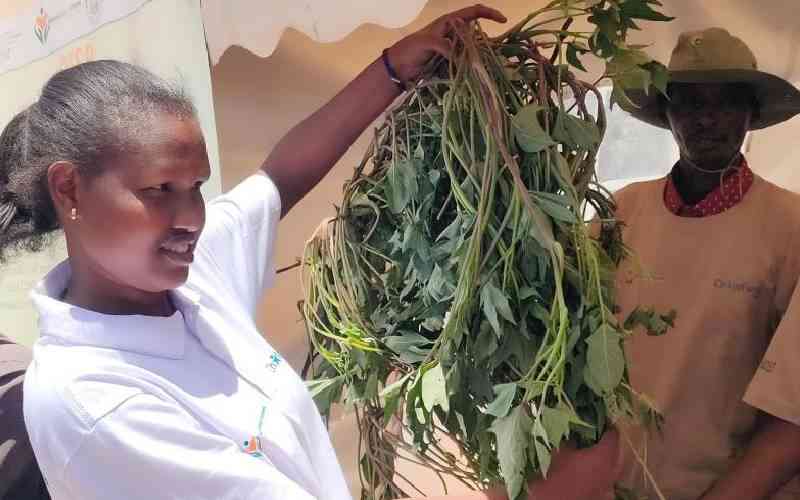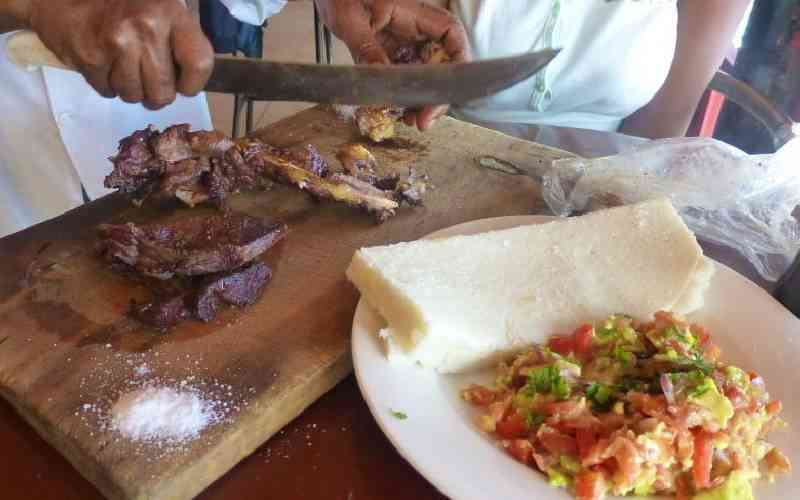
In Kenya, iron deficiency remains a major public health concern among women of child-bearing age and children.
The last Kenya micro nutrient survey done in 1999 showed a prevalence of iron deficiency anaemia to be at 55.1 per cent among all pregnant women, more than 46 per cent among non-pregnant women and an estimated 28.8 per cent in children, with those aged below one carrying the greatest risk.
Iron deficiency has several risks including morbidity and mortality, pre-term delivery, low birth weight and foetal impairment.
The most common cause of anemia worldwide is iron deficiency, majorly caused by inadequate dietary iron intake and poor iron absorption.
There are two types of dietary iron— heme and non-heme iron. Heme iron is only found in animal-based foods while non-heme iron is mostly found in plant-based foods.
The body absorbs heme iron more efficiently compared to non-heme iron whose absorption is greatly affected by presence of anti-nutrients naturally found in plants.
There are several anti-nutrients found in foods of plant origin that hinder absorption of iron and other micro-nutrients.
Phytates, an anti-nutrient mostly found in legumes, reduces iron absorption by up to 80 per cent. Legumes are rich in non-heme iron.
Soaking, fermenting or sprouting your legumes almost completely degrades the phytates and greatly increases the body's ability to absorb iron from your diet.
Phenolic compounds, naturally found in tea, coffee and cocoa, also hinder absorption of iron.
To prevent this interaction of phenolic compounds with your nutrients, avoid having tea, coffee or anything that has cocoa together with a meal or just before or immediately after a meal.
Dark green leafy vegetables are a good source of iron but also contain considerable amounts of oxalic acid, an anti-nutrient that affects the body's ability to absorb iron.
These vegetables are common in almost all meals in a normal Kenyan household. These vegetables are also rich in vitamin C which enhances iron absorption.
However, if you overcook your vegetables, most vitamins including vitamin C, are destroyed making it very hard for the body to absorb iron and other essential nutrients.
Stay informed. Subscribe to our newsletter
Vitamin C is the most potent enhancer of iron absorption, especially the iron found in plant-based foods. Like most vitamins, it is easily destroyed by light and heat.
Being a water soluble vitamin, vitamin C is lost if vegetables are cooked in water or boiled. Cooking your vegetables under low heat and for a short period helps retain most of vitamin C. Cook your vegetables full because cutting them into very small pieces increases the loss.
Calcium, a mineral mostly consumed from dairy products, interferes considerably with the absorption of both heme and non-heme iron. Since calcium is a vital nutrient for normal functioning of the body, we cannot avoid it.
The practical solution for this is to increase intake of iron and vitamin C rich food or avoid eating foods rich in calcium (dairy) and iron at the same time.
Simple practices like proper handling, preparation, consumption and storage of food, can considerably prevent iron deficiency.
The consequences of iron-deficiency in pregnant women and young children can be fatal. By doing small things like soaking your legumes before cooking, steaming vegetables instead of boiling or avoiding that cup of tea during a meal can save a life.
 The Standard Group Plc is a
multi-media organization with investments in media platforms spanning newspaper
print operations, television, radio broadcasting, digital and online services. The
Standard Group is recognized as a leading multi-media house in Kenya with a key
influence in matters of national and international interest.
The Standard Group Plc is a
multi-media organization with investments in media platforms spanning newspaper
print operations, television, radio broadcasting, digital and online services. The
Standard Group is recognized as a leading multi-media house in Kenya with a key
influence in matters of national and international interest.
 The Standard Group Plc is a
multi-media organization with investments in media platforms spanning newspaper
print operations, television, radio broadcasting, digital and online services. The
Standard Group is recognized as a leading multi-media house in Kenya with a key
influence in matters of national and international interest.
The Standard Group Plc is a
multi-media organization with investments in media platforms spanning newspaper
print operations, television, radio broadcasting, digital and online services. The
Standard Group is recognized as a leading multi-media house in Kenya with a key
influence in matters of national and international interest.









